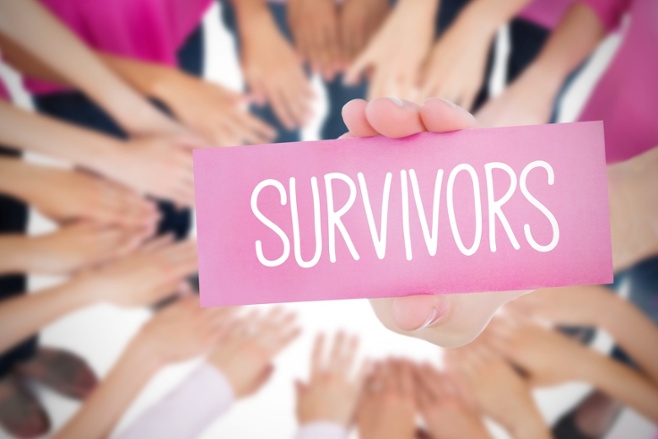Having a baby after cancer treatment is a big decision. No matter what treatment you have had, you should talk with your doctor about the potential risks of pregnancy and birth. Your doctor may need to check certain organs to make sure your pregnancy is safe.

Cancer treatments can affect a future pregnancy in many ways:
- Radiation therapy to the pelvis or whole abdomen (belly) destroys eggs in a similar way to chemotherapy. Radiation may also affect the support cells and blood supply of the uterus. It also may increase the chances of miscarriage, early birth, low birth weight, and other problems
- Surgery to the cervix. Removing all or part of the cervix may make miscarriage or early birth more likely. This is because the cervix may not be able to support a developing pregnancy.
- Surgery in the pelvis may remove or damage reproductive structures, such as your ovaries and uterus. Depending on the extent of surgery, this can affect a woman’s ability to become pregnant or carry a pregnancy.
- Surgery or radiation therapy to the brain may affect the functioning of the pituitary gland, which releases hormones that stimulate egg maturation and ovulation. This doesn’t damage the eggs in your ovaries. Medications that replace these hormones can help you become pregnant.
Most women are advised to wait at least 1 to 3 years after cancer treatment is over before trying to get pregnant. Some women won’t need to wait that long, but others will need to wait longer.
There are several reasons for not to get pregnant right after treatment:
- Although many women will have no problems with pregnancy after cancer treatment, some women will be in a high-risk category because of possible late effects from treatment.
- Some types of chemotherapy and radiation therapy can affect the function of your heart, lungs, kidneys, or liver. Pregnancy places extra demands on your body that could put your health at risk.
- Some treatments can affect your body’s ability to make certain hormones. You may need to take replacement hormones to get pregnant and carry a pregnancy.
- Women who receive lower doses of radiation to the uterus may become pregnant, but their uterus may not be able to fully expand as the fetus grows. These women are more likely to have a miscarriage or premature labor.
- If you received chemotherapy or radiation to the pelvic area, some of your maturing eggs may have been damaged from treatment. It takes about 1 year to clear these from your ovaries.
- Your body needs time to recover from treatment so it’s able to handle pregnancy.
- If you become pregnant during the time when you’re most at risk for an early recurrence (cancer coming back) or relapse of your disease, your doctors may not be able to monitor you with certain tests or scans.
Finally, many people who have had cancer worry that their children may get cancer, too. There is no evidence that children conceived after cancer treatment are at an increased risk for birth defects or other health problems. However, a few cancers are passed from parents to children through genes. If you have one of these hereditary cancers, there may be a higher risk. Talk with your doctor or a genetic counselor about having children.
With the help of genetic testing, you can determine the risk of passing hereditary diseases to your children. Fakih IVF has a full-service Genetics laboratory that can help couples carry out a complete genetic test to figure out if they have any hereditary diseases that can be transmitted to their children, if yes procedures can be carried out to ensure the couple has healthy babies.



